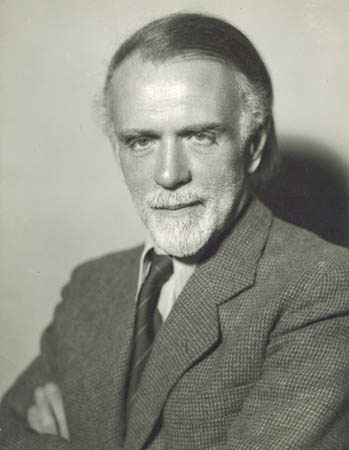Zoltan Kodaly
Kodaly was one of Hungary's two major 20th-century composers, the other being his great friend and colleague Bela Bartok. He was born in Kecskemét in 1882. Thanks to his music educational principles, Hungary as a nation has been able to develop a very high standard of musicianship and music appreciation.
The so-called Kodaly Method is not a set framework or formula for music teaching and learning, but is more a set of principles that incorporate references to a community's history, traditions, circumstances and social culture. Kodaly and Bartok both went on field trips to collect thousands of folk songs. Kodaly thought this music made ideal material with which to teach and create new musical forms. Although Kodaly's ideas were developed in Hungary and his music principles are rooted there, they are universally adaptable.
Kodaly believed that singing from an early age was the best way to learn music, but is also an important part of general education. He thought that part singing develops the capacity to hear and appreciate music, and composed many part songs and choral works for ensembles of of all ages and levels. Solfa is an important part of Kodaly teaching and learning: the composer incorporated the Curwen-Glover hand signs into his approach to support this.
Kodaly died in 1967: he is survived by his second wife, Sarolta Peczély.
"I have detected that we, the so-called highbrow musicians, are quite alone in the world. We make music for one another. And so I thought that since music is not a toy for a selected few people – that music is spiritual food for everybody – I thought about how to enlarge the public for serious music.
"...So my attention was directed to the primary schools and I detected that almost nothing happens there which would be able to introduce people to an understanding of music. And I thought about the education of the ancient Greeks, for whom music was one of the chief subjects of general education, and about Medieval times when music was one of the 'septem artes liberales' (the seven liberal arts) in universities. In those times music was also an important part of general education, which in modern times disappeared entirely. And so I studied more and more what to do to improve that – how to make more people accessible to good music."
Kodaly, interviewed by Ernö Daniel at the University of California, Santa Barbara, 1966
Ko

